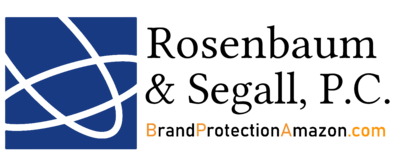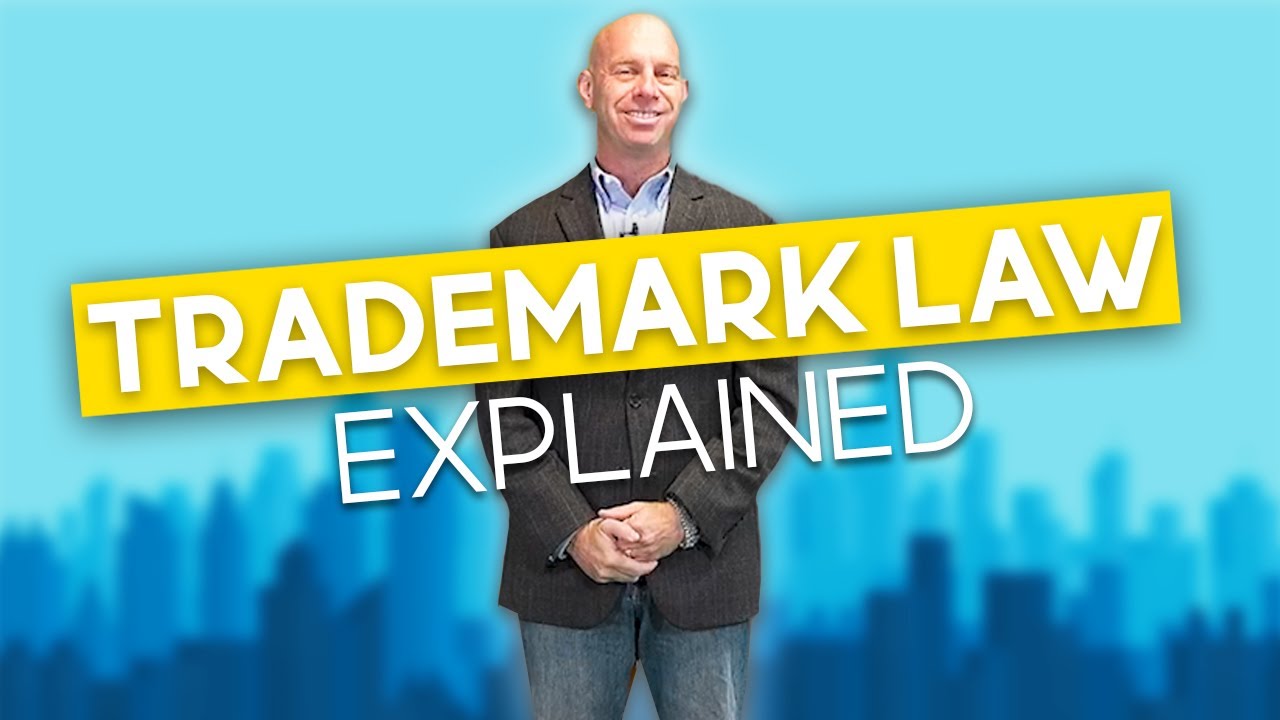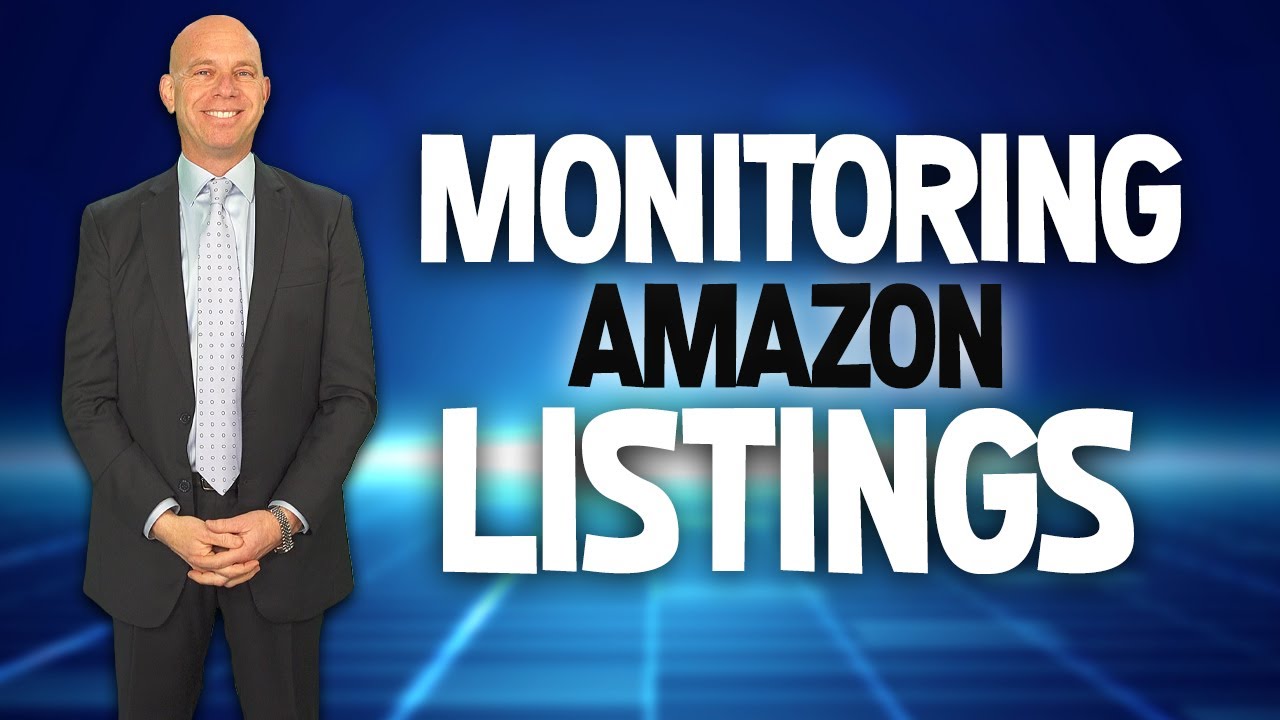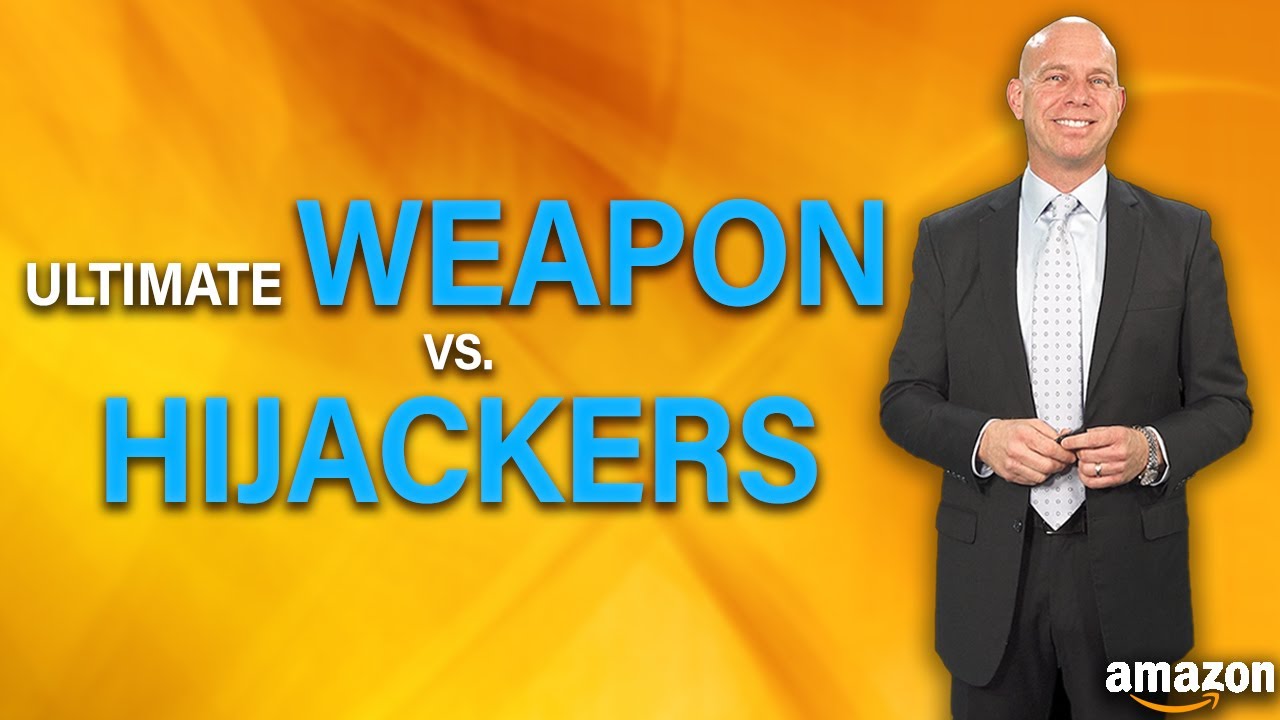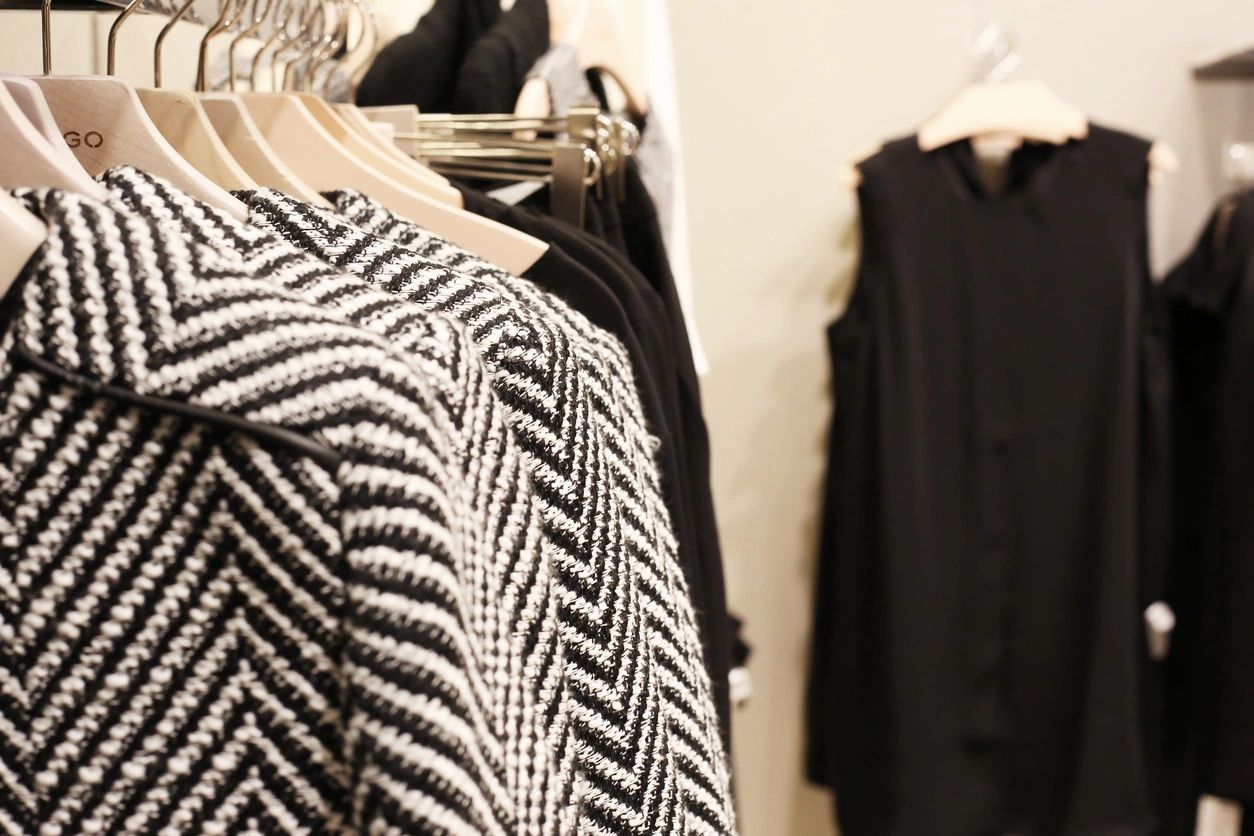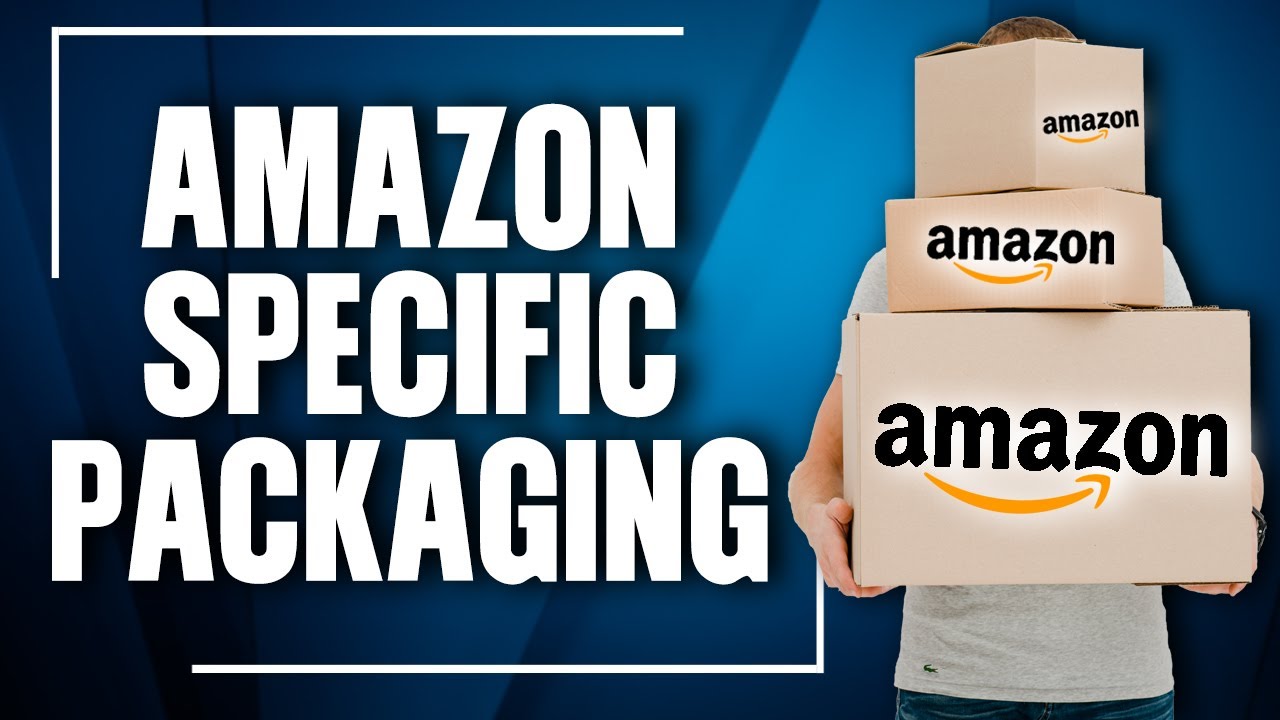When you come up with your own private label, you want to register a trademark. How do you know what your chances are that it will actually be registered?
https://youtu.be/BbM0Zvtvwq4
We have clients that come to us who’ve been selling their product for years and they decide they want to register with the USPTO (United States Patent and Trademark Office). The way to measure the likelihood of whether your mark will actually be registered, is by something we call the scale of distinctiveness. There are five different categories on that scale. I’m going to start with the strongest and work down to the weakest.
Registering Trademarks: 5 categories of the scale of distinctiveness.
1. The strongest is called “Fanciful”. (That’s the category).
Now all that means is you’re creating a word mark of a word that doesn’t exist. A really good example of this is Kodak, Clorox or Xerox. These are all words that mean nothing – they have no meaning in the English language. So that is the best way of registering a trademark.
2. The second strongest would be the “Arbitrary” category.
Arbitrary means that the word actually does exist in the English language. The difference is that it’s not associated with what you’re referring to. A good example of this is Apple. Obviously, Apple is a word that exists. The fruit by the giant corporation Apple has nothing to do with fruit or food in general. It’s all about electronics.
3. The third of the categories is called “Suggestive”.
A good example of this is Groupon. There is a lot of gray area between this and the next category I’m going to talk about. Basically, there’s some sort of mental leap between the word mark and what goods you’re trying to sell. Groupon, you know, is group coupons. So, it’s obviously not a word, but it’s kind of a play on words, and if you think about it a bit, it does kind of explain what you’re referring to / trying to sell.
4. The fourth category is “Descriptiveness”.
When something is descriptive, you’re simply describing the product. So if you’re selling salt for example, and what you’re trying to register is “salty” that would be describing what you’re trying to sell. This is not ordinarily registered. It’s not the strongest mark. You have to acquire some sort of distinctiveness, and generally have to be in sale for about five years. It’s just harder to register.
5. The last category is “Generic”.
This is just a word. You can’t trademark this. You can’t register a trademark for “beer” when you’re selling beer. You can’t register “salt” when you’re selling salt. These can never be registered at all.
Are you looking to register a trademark? Call us for a free consultation: 1-877-9-SELLER.
Rosenbaum Famularo, PC, is a law firm geared towards intellectual property and brand protection in the global ecommerce marketplace.
GET HELP NOW: The law firm of Rosenbaum Famularo, PC is required by law to assure you 100% confidentiality. We protect your privacy under the Attorney-Client Privilege.
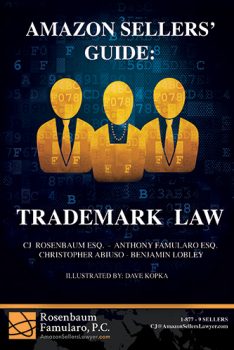 Amazon Sellers’ Guide: Trademark Law
Amazon Sellers’ Guide: Trademark Law
This book informs sellers about protecting their brands.
It’s crucial to register your trademark to protect your product from being infringed upon.
Without registering a trademark, your ability to enforce your intellectual property rights is limited to your geographic area. In contrast, if you register with the USPTO, your trademark will be extended to the entirety of the US.
There are 2 goals of this book: Educate online sellers about trademark law and how it affects them, and to teach sellers how to protect their trademarks from infringement or avoid infringing on others.
